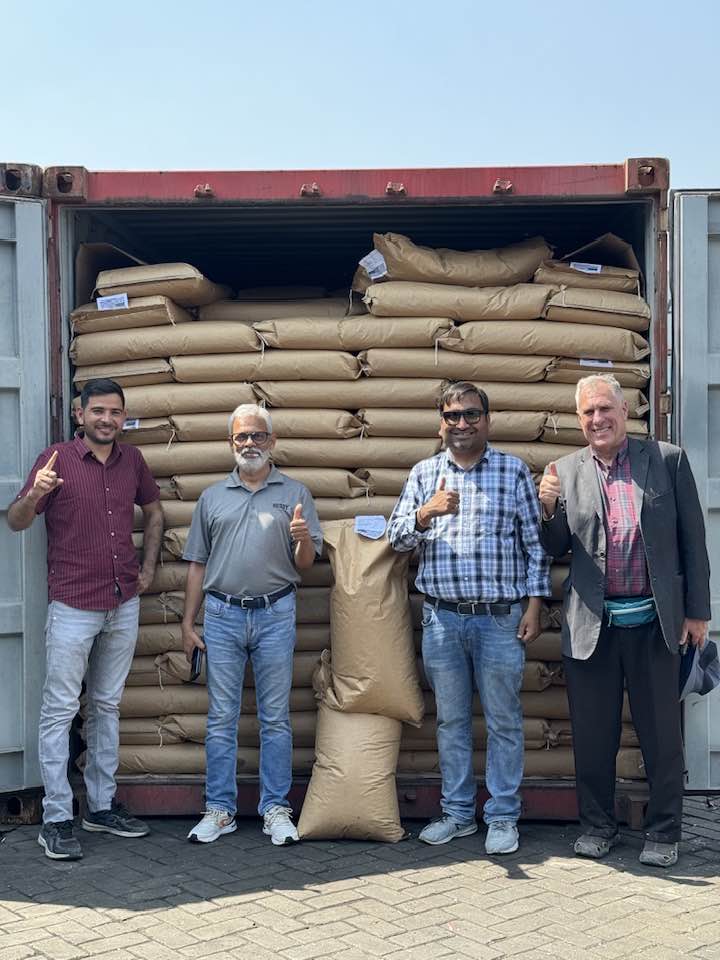NCI IP course provides hands-on learning
Food manufacturers and others from seven Asian countries seeking to elevate their products with high-quality, identity preserved (IP) soybeans, completed a Specialty Soya and Grains Alliance (SSGA)-sponsored course last week at Northern Crops Institute (NCI) in Fargo, N.D.
The annual IP/Food Grade Soybean Procurement Course focuses on sourcing and purchasing high-quality, IP soybeans for food products, equipping buyers with the knowledge and skills to navigate this specialized market. It also gave participants opportunities to tour two IP supplier facilities in the immediate area and hear from other companies operating in North Dakota and Minnesota.
Participants hailed from Japan, Indonesia, Vietnam, Cambodia and Myanmar and also included SSGA’s three international representatives, who traveled from Japan, Korea and Thailand to take the course.
“The course was a unique opportunity to learn the process of IP from the exporters and the producers and to meet SSGA members,” said Kraipob Pangsapa, SSGA’s Southeast Asia international representative. “This is information we can take to international customers in our regions and spread the message of U.S. Identity Preserved.”
Presenters instructed participants about cash and futures markets, soybean breeding, transportation, contracts, pricing and economic advantages of using identity preserved oilseeds for food manufacturing. Food scientists gave demonstrations on soy milk and tofu processing and some presentations included hands-on learning, such as SSGA IP expert consultant Raquel Hansen’s demo about grading soybeans. Tours included facilities and farm fields at Brushvale Seed and SB&B Foods, both SSGA members. Other SSGA member companies included in the program included Grain Millers, Genesis Seed Solutions, HC International and Richland IFC.
“The NCI course is very near and dear to the hearts of SSGA members,” said Shane Frederick, SSGA manager of strategic programs, “as it gives them a chance to get in depth with attendees and showcase the many advantages of identity preserved soybeans. Also, they get to emphasize the IP procurement process, which encourages working closely with suppliers and contracting ahead.”
Frederick highlighted the U.S. Identity Preserved assurance plan and brand/label program and also spoke on the economic benefits that come with paying more up front for a premium product.
In addition, having SSGA’s in-country representatives take the course and speak directly with suppliers and buyers was a great way to enhance the U.S. Identity Preserved program, Frederick said.
“Our Southeast Asia and North Asia representatives came away from this with creative ideas about how they can further communicate the U.S. Identity Preserved message to customers and consumers abroad, as well as help suppliers and customers throughout the IP process,” he said.
The course was sponsored by the North Dakota Soybean Council and SSGA. Participants came to the course with the assistance of U.S. Soybean Export Council, the American Soybean Association’s World Initiative for Soy in Human Health (WISHH) and SSGA.





